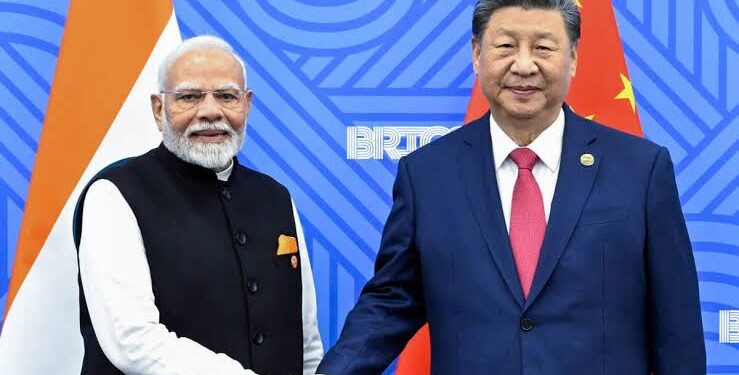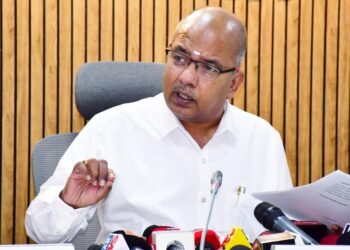Prime Minister Narendra Modi is set to visit Tianjin, China, next week to attend the Shanghai Cooperation Organisation (SCO) summit, marking his first trip to the country in more than seven years.
The two-day summit, hosted by Chinese President Xi Jinping, will take place on August 31 and September 1. The meeting is expected to showcase Global South unity, provide Russia with a vital diplomatic platform, and reinforce Beijing’s growing influence on the world stage.
A High-Stakes Meeting After Seven Years
The Ministry of External Affairs confirmed that PM Modi will travel to Tianjin at the invitation of Xi Jinping. Secretary (West) Tanmay Lal said Modi would participate in the 25th SCO meeting and hold bilateral discussions on the sidelines. Modi last visited China in 2018 during an informal summit with Xi in Wuhan. His return comes at a time when both nations are trying to sustain a thaw in relations following the 2020 border clashes.
Alongside Xi Jinping, the summit will bring together Russian President Vladimir Putin and leaders from Central Asia, South Asia, the Middle East, and Southeast Asia. Modi, Xi, and Putin were last seen together at the BRICS Summit in Russia in October 2024.
India-China Thaw and Strategic Priorities
For New Delhi, the SCO gathering presents an opportunity to ease long-standing tensions with Beijing. Analysts expect discussions may include incremental confidence-building measures, such as troop pullbacks along the Line of Actual Control, easing of trade barriers, and new areas of cooperation. “It’s likely India will put recent SCO disputes behind and focus on sustaining the détente with China, which is a key Modi priority,” said Eric Olander, editor-in-chief of The China-Global South Project.
The meeting also comes as India faces renewed tariff pressure from the Trump administration in Washington, with expectations that Modi will seek closer alignment with China and Russia in response.
Xi-Putin Axis: A ‘Stable Source of Peace’
China has been strengthening ties with Russia despite global criticism. During a meeting with Vyacheslav Volodin, chairman of Russia’s Duma, Xi Jinping hailed China-Russia relations as the “most stable, mature and strategically significant” among major world powers. He emphasized that the two nations should “work together to safeguard security and development interests, unite the Global South, and promote fairness in the international order.”
Since Russia’s invasion of Ukraine in February 2022, Beijing and Moscow have drawn closer, projecting their partnership as a counterweight to Western influence. Putin is expected to remain in China after the SCO summit to attend a World War II military parade in Beijing.
SCO’s Expanding Role
The SCO, founded in 2001, has grown into a bloc of 10 member states—India, China, Russia, Belarus, Iran, Kazakhstan, Kyrgyzstan, Pakistan, Tajikistan, and Uzbekistan. India has been a full member since 2017, after serving as an observer since 2005. During its membership, India has held key leadership roles, including the chairmanship of the SCO Council of Heads of Government (2020) and the SCO Council of Heads of State (2022-23).
The primary goals of the SCO remain tackling terrorism, separatism, and extremism, but its agenda now spans trade, connectivity, and regional stability. This year’s summit is expected to be the largest since its inception, with a strong focus on presenting an alternative vision of international cooperation beyond the US-led order.





























